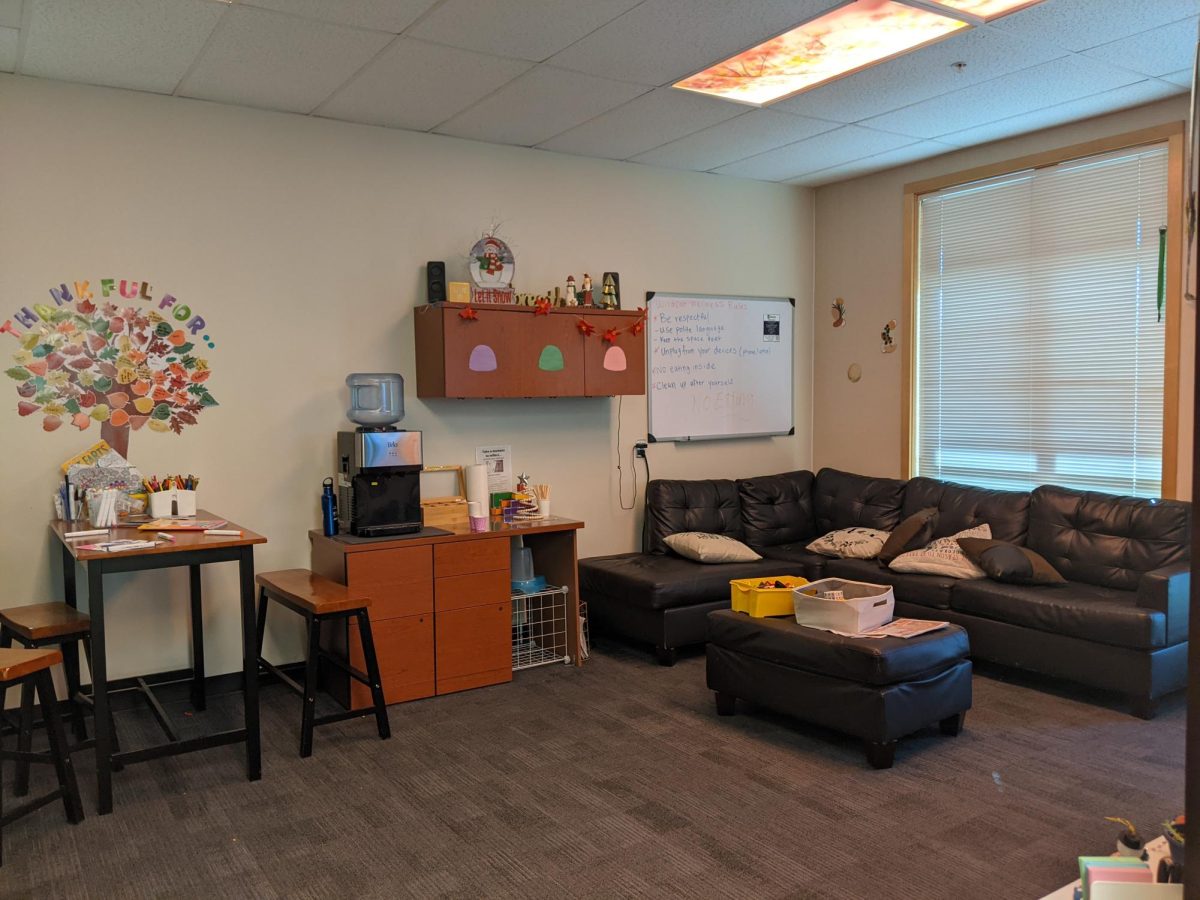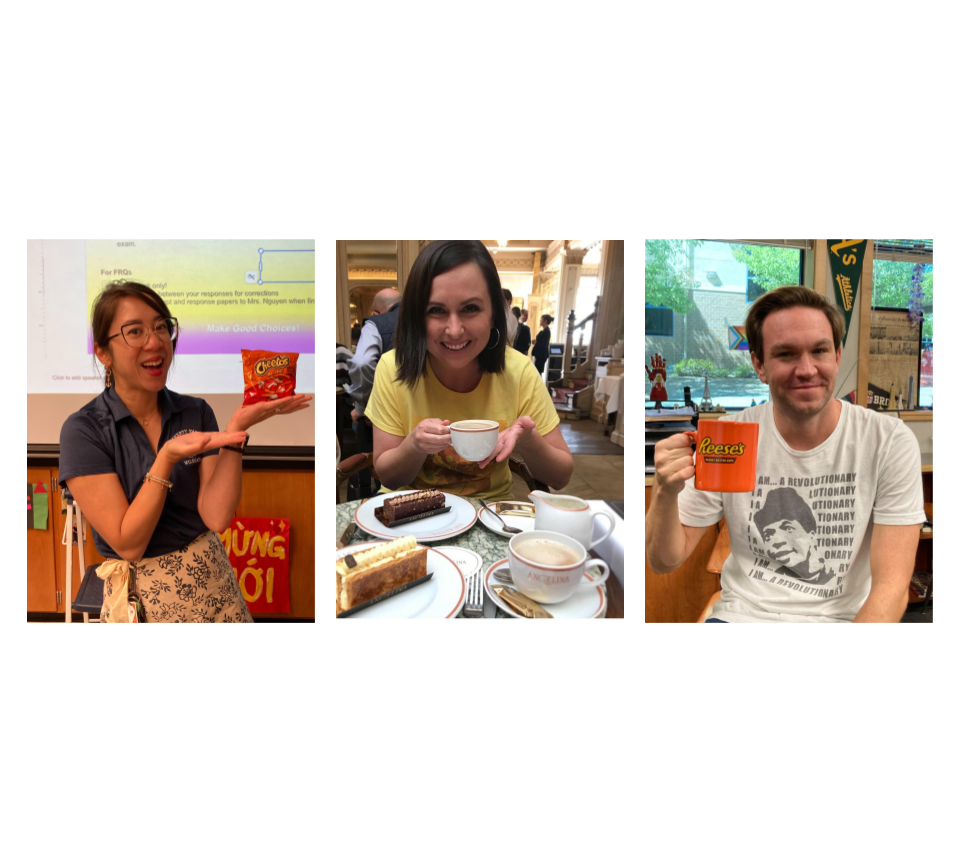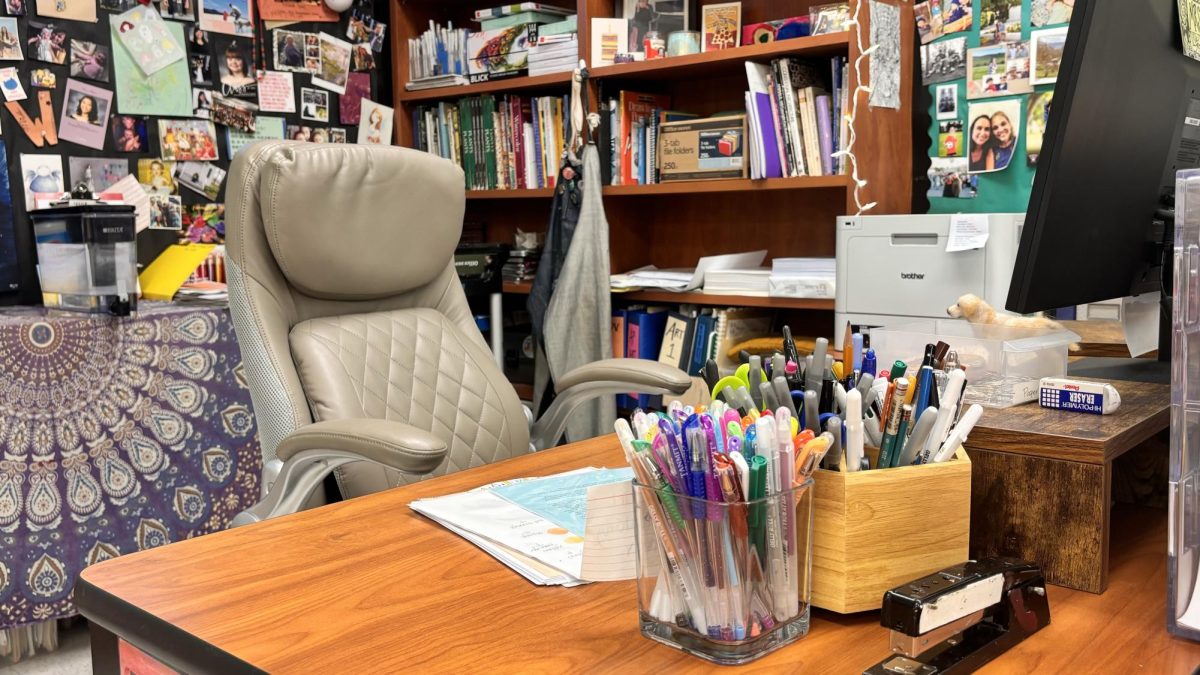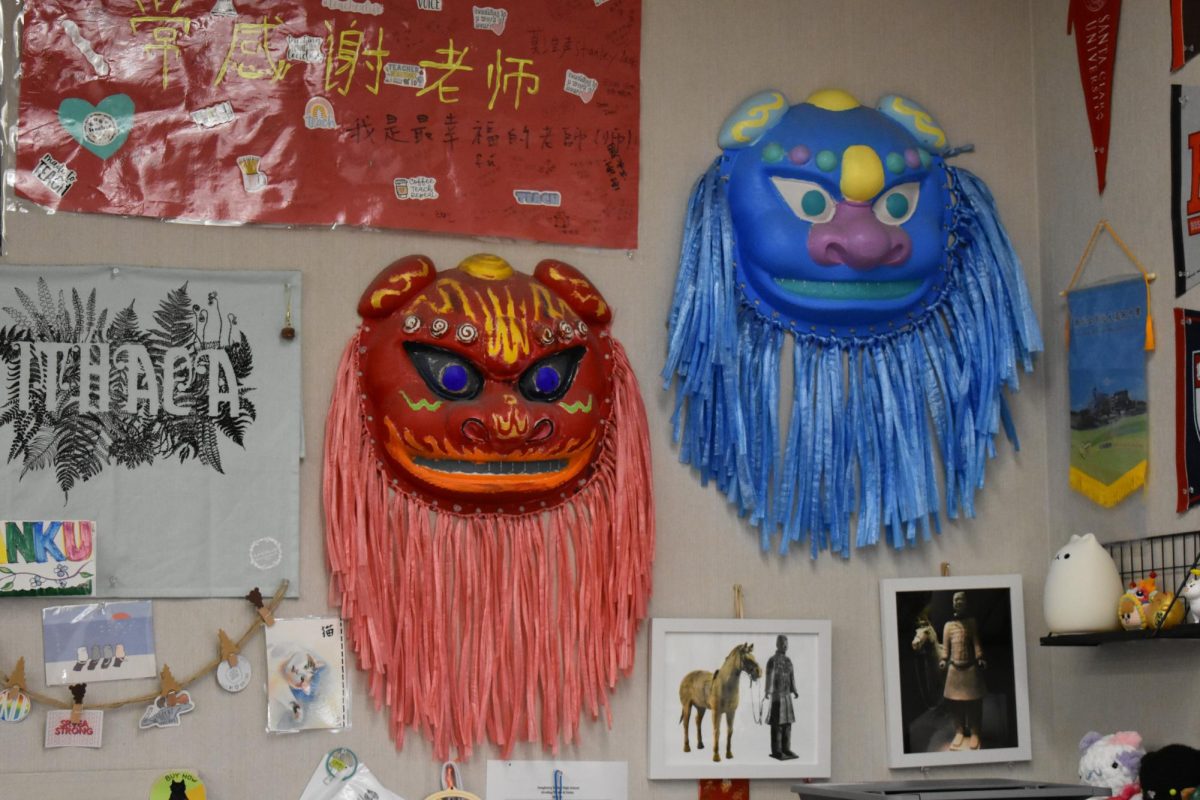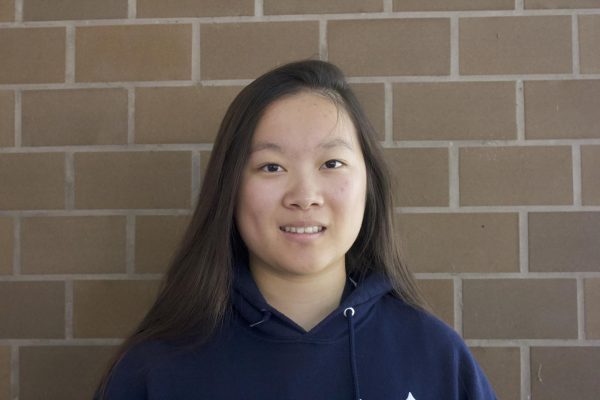Wellness Center Coordinator Catherine Perez first came up with the idea of a peer mentor program at DVHS after hearing about other schools that have already implemented such a program.
“So, I know there’s a few schools in Antioch Unified School District,” Perez said. “I think Antioch High School has one because I did a training when I was first looking into how to create this program and there was a teacher at Antioch High School who led a whole peer mentor class.”
To get mentors for this program, Perez started putting up flyers throughout the school and specifically made announcements about the Wildcat Peer Mentor Program during last year’s Breaking Down the Walls, a four-day program centering around a positive and supportive community. She then put up a sign-up sheet for any interested upperclassmen. To become a mentor, interested students would have to fill up a quick sign-up form and participate in a brief interview.
“I was looking well first for people that would be responsible and reliable just because you know I want them to be actually committed to it.” Perez said.
In the interviews, Perez specifically asked how passionate an applicant was about the program.
“I mean [the program] is something cool to put on [a resume], I guess, but that’s not the point of it,” Perez said. “I just wanted [mentors] to be able to really want to do this instead of [feeling] like it was something they should do that would look good.”
The selection process was not daunting, including the interview as witnessed by peer mentors DVHS junior Hanvika Kolla and DVHS senior Kylie Nketiah.
“I’m just having this little back and forth conversation type thing.” Nketiah said when asked about the interview.
Though Kolla did not describe the interview as a “conversation” like Nketiah, Kolla expressed positive thoughts about the interview.
“I guess there was a tiny bit of nerves [during the interview],” Kolla remarked. “But honestly, I was pretty confident that my experiences would help me help others. So, I was just kind of confident in myself and that I would be able to help other people.
Following the interview, selected applicants were put into a training session that covered key aspects of the mentorship responsibilities, including confidentiality of mentees.
Nketiah expressed the smoothness of the first meeting. She aims to bring up more sensitive topics such as asking for help and self-esteem after she becomes more familiar with her mentee.
“I’m there, honestly, just being a person to be there for [them] and make sure that they’re having the best time they possibly could be having at Dougherty.” she said.
Kolla, who had her first meeting earlier this school year, remembered it as a “pretty smooth first meeting” and that there were no “awkward pauses.”
DVHS sophomore Nicholas Policar, Kolla’s mentee, brought his side of the story as a mentee.
“I would say that we had a good introduction, we introduced ourselves. For the most part, we just started socializing immediately.” Policar said.
Policar had been introduced to the program last year, finding the program interesting and fitting enough that he had attempted to join mid-way in the school year. Policar did end up getting paired with a peer mentor, but unfortunately, the peer mentor did not end up meeting with Policar.
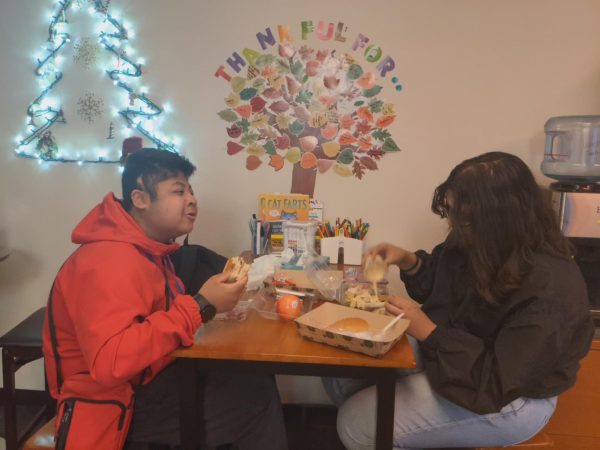
“I joined to mainly have more of a social buddy because last year, my freshman year, I was kind of alone during lunch,” Policar said. “I wanted to join to be able to have someone to talk to during this time.”
Contrary to Policar’s situation last school year, The Wildcat Peer Mentor Program currently has more mentors than mentees in the program this year, leading some mentors with no one to work with. After interviewing some freshmen, a target audience of the program, a potential reason for the lack of interest has been brought up: peer pressure.
After some thought, DVHS freshman Akshita Chikoti expressed how one of the factors that might prevent students from joining is peer pressure, particularly how joining the program may make one look inferior to others.
“[It’s] like [students] might judge you or something.” Chikoti said.
The Wildcat Peer Mentor program has not considered peer pressure in its marketing strategy. The mentee’s names are confidential, but the marketing strategy did not put into consideration the stigma of joining. This issue leaves room for future steps that the program can take.
“I think marketing [the program] and finding ways to make it more successful is like the next kind of steps we want to do.” Perez said.

